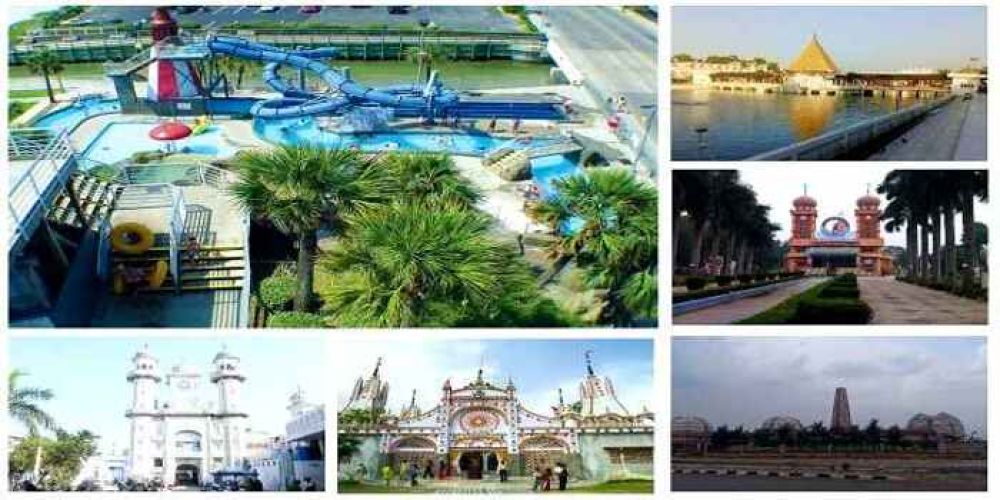

Jalandhar, a city in the northwestern Indian state of Punjab, has a rich history that dates back to antiquity. Known as Prasthala in ancient times and as Jullundur during the British period, Jalandhar has been a part of the Indus Valley Civilization, with historical evidence suggesting an established urban settlement existing here around 900 BCE.
The history of tourism in Jalandhar is intricately linked with its cultural, religious, and historical importance. The city has been a hub for various civilizations, including the Aryans, Greeks, Mauryas, Guptas, and Mughals, each leaving its distinct mark. However, organized tourism began to take shape during the British Raj when Jalandhar was developed as a cantonment area, attracting officers and their families. Sites like the Devi Talab Mandir and the Imam Nasir Mausoleum became early points of interest for visitors.
After India’s independence in 1947, Jalandhar continued to flourish both commercially and culturally. The city’s tourism saw a steady increase, primarily due to the influx of visitors to religious sites and to explore the local culture and traditional Punjabi lifestyle. Major festivals like Baisakhi brought in tourists who were eager to experience the local fervor and traditions.
In the late 20th and early 21st centuries, Jalandhar's tourism sector received a boost with improvements in infrastructure. The establishment of higher learning institutions, modern shopping malls, and the hosting of trade expos have turned the city into a cosmopolitan hub. This, coupled with the rich tapestry of historical sites, has made Jalandhar an attractive destination for both domestic and international tourists.
Recently, Jalandhar has seen a rise in experiential and educational tourism, with people coming to explore its music heritage, particularly the Punjabi folk genre. Sports tourism has also gained popularity, as the city is famous for manufacturing sports equipment. Travelers typically seek to combine visits to manufacturers with their itineraries, offering a unique behind-the-scenes glimpse into the industry.
Another observable trend is the rise of eco-tourism in the surrounding areas with the promotion of green belts and the conservation of natural habitats. Additionally, the city has begun to host more business conferences and events, drawing professionals from across the globe.
Leveraging its historical landmarks, cultural wealth, and modern amenities, Jalandhar continues to grow as a versatile destination for those interested in religious tourism, cultural experiences, sports, trade, and conferences, making it a well-rounded tourism spot in the heart of Punjab.